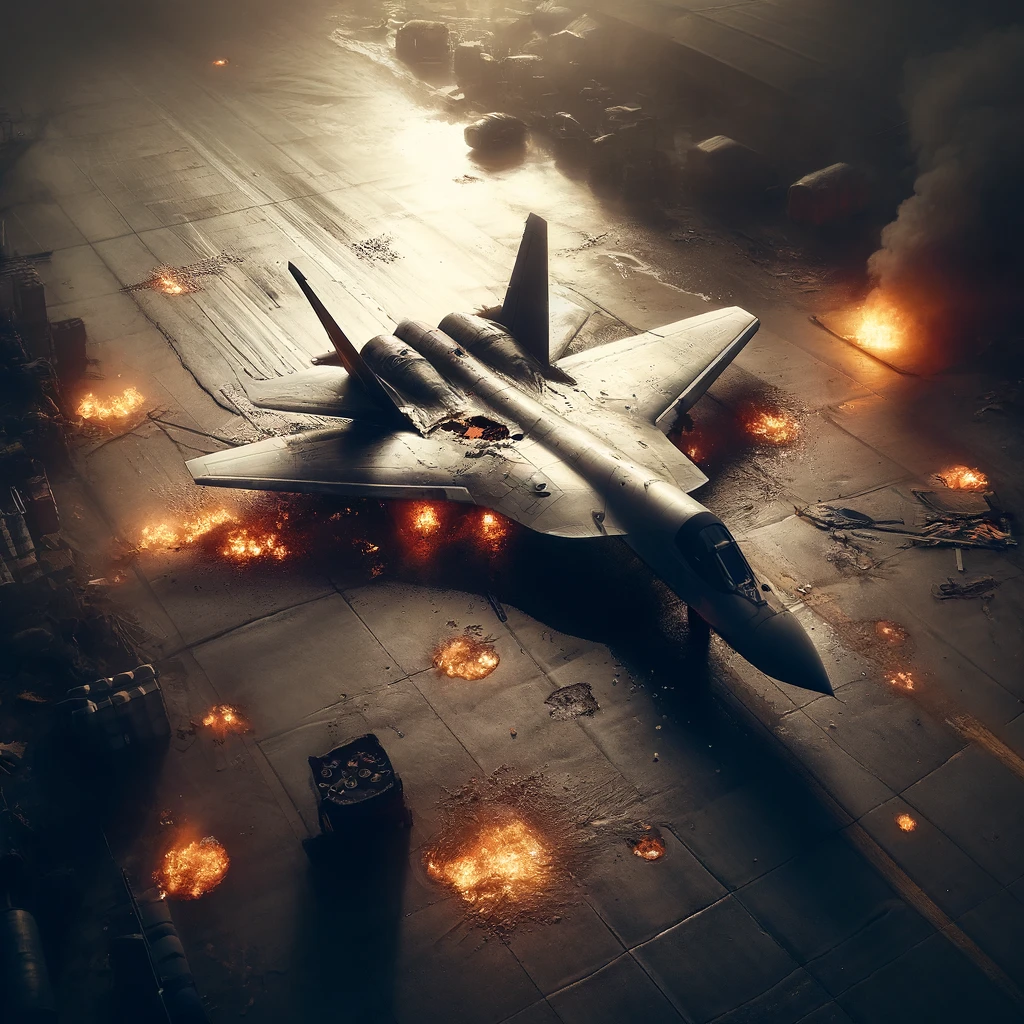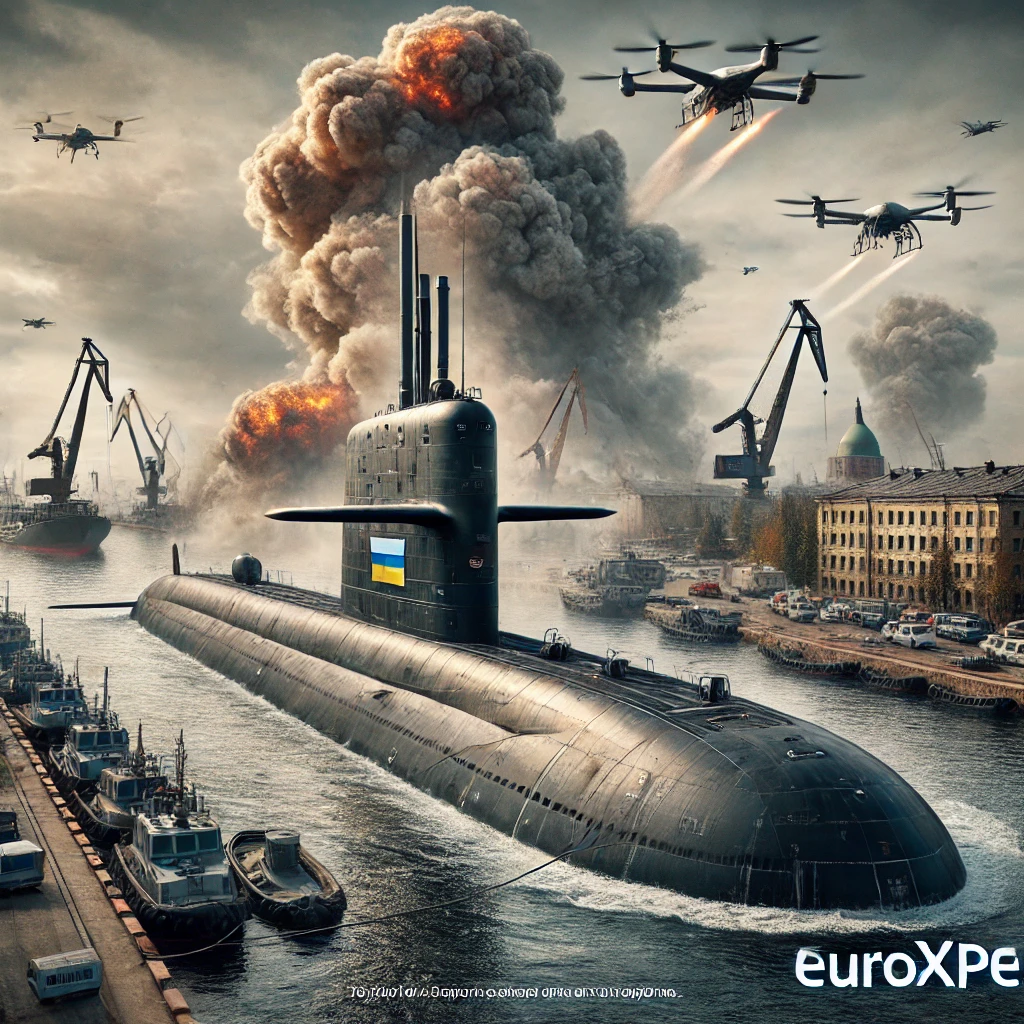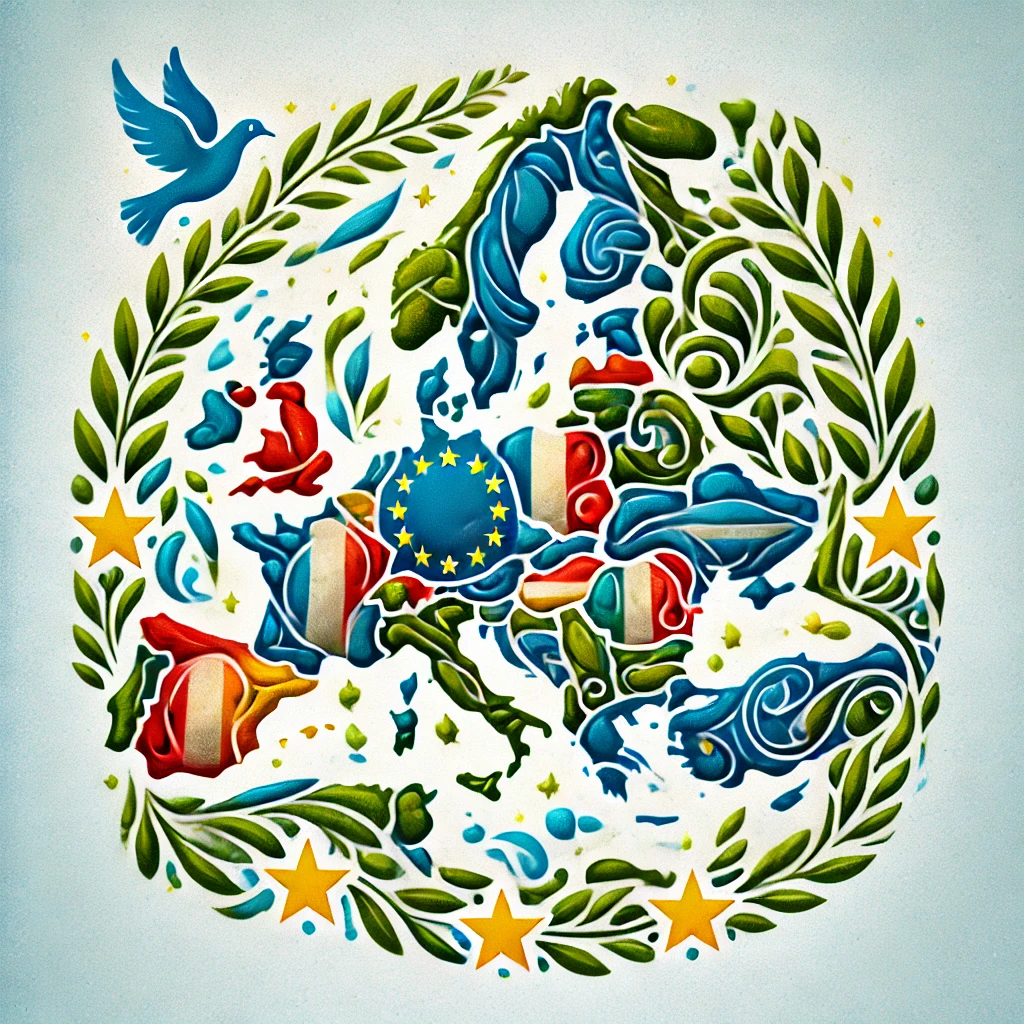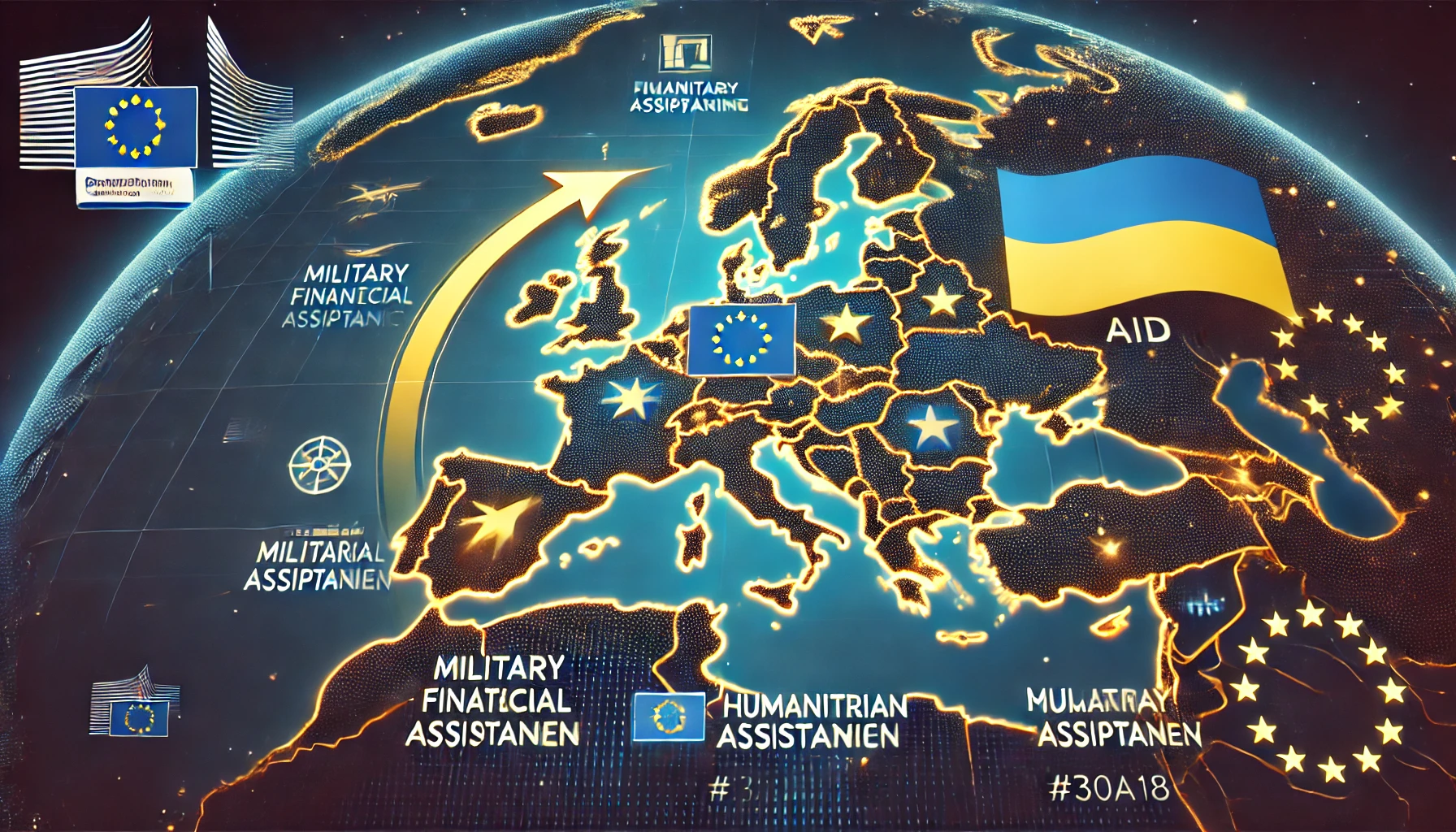In a bold and unprecedented move, Ukraine’s military has reportedly destroyed one of Russia’s newest and most advanced fighter jets, the Su-57, in a drone strike on a military base deep within Russian territory. This attack not only underscores the escalating tensions between the two nations but also reflects the destructive consequences of Vladimir Putin’s political ambitions.
The Sukhoi Su-57 fighter, also known as the “Felon” by NATO, was struck while stationed on the tarmac of an airbase in the Astrakhan region, approximately 600 kilometers behind the front lines of the ongoing conflict. According to Ukraine’s defense intelligence agency (GUR), satellite images reveal the damage inflicted by the strike, showing craters and fire spots near the jet on June 8th.
The High Stakes of Modern Warfare
The Su-57, a supersonic, twin-engine, fifth-generation stealth fighter jet, was developed as Russia’s response to Western stealth jets like the US Air Force’s F-22 Raptor. However, its journey has been fraught with challenges, including a crash during a 2019 test flight. Despite these setbacks, the Russian military received its first Su-57 in 2020 and has since touted its capabilities, particularly in Syria.
However, the reality of the Su-57’s effectiveness remains contested. While Russian officials have praised its performance, experts have expressed doubts about its capabilities compared to Western counterparts. The Ukrainian attack, therefore, not only signifies a tactical victory but also a symbolic blow to Russia’s military prestige.
Putin’s Political Ego and Its Consequences
The destruction of the Su-57 by a low-cost Ukrainian drone highlights a critical issue: the clash of political egos at the expense of human lives and regional stability. Putin’s aggressive stance and desire to project strength have led to severe consequences for both Russia and Ukraine. This conflict, driven by power plays and geopolitical maneuvering, sees two culturally intertwined nations tearing each other apart.
Ukraine’s determination to defend its sovereignty and the involvement of Western powers like the US in supporting its NATO ambitions have only intensified the situation. Putin, unwilling to appear weak, continues to escalate the conflict, leading to devastating losses on both sides. The tragic reality is that the ordinary people of Ukraine and Russia are the ones who suffer most, caught in the crossfire of a war driven by elite interests.
The Human and Economic Cost
The economic implications of the ongoing conflict are significant. The Su-57, with an estimated price tag of $35 million to $54 million, represents a substantial financial loss for Russia. Moreover, the increasing frequency of drone strikes by Ukraine poses a continuous threat to Russian assets. These attacks not only target high-value military equipment but also bring the war closer to the Russian populace, creating a persistent state of fear and instability.
Furthermore, the destruction wrought by this conflict extends beyond the battlefield. It hampers development, disrupts daily life, and creates long-lasting scars on the social and economic fabric of both nations. In the broader context, the ongoing hostilities are a setback for the entire European continent, undermining the prospects for peace and cooperation.
A Path to Peace and Stability
To move towards a resolution, it is imperative to recognise the human cost of this conflict and the futility of aggressive posturing. A diplomatic approach, prioritising dialogue and mutual understanding, is crucial. Both Russia and Ukraine have the right to security and sovereignty, but this must be pursued through peaceful means.
The international community, particularly European nations, must play a proactive role in mediating and fostering a sustainable peace process. The focus should be on building bridges rather than walls, promoting economic development, and ensuring that the rights and aspirations of all peoples involved are respected.
Conclusion
The destruction of the Su-57 by a Ukrainian drone is a stark reminder of the destructive power of political ego and military aggression. As two nations with shared history and culture continue to clash, the ultimate losers are the ordinary citizens and the broader European region. It is time for leaders to set aside their egos and work towards a future where peace and cooperation prevail, ensuring that the horrors of war do not continue to haunt generations to come.






